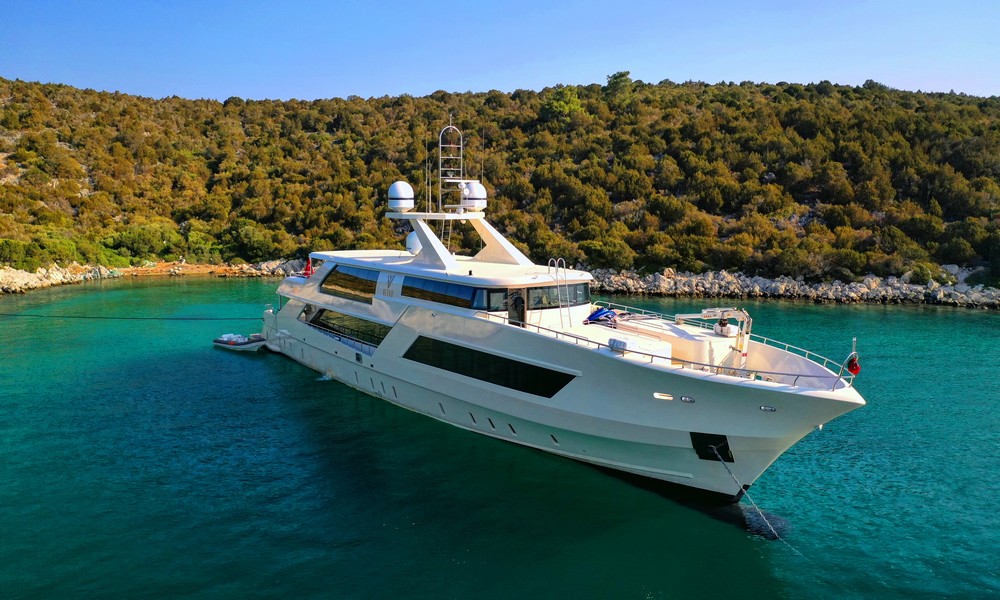Professional crew inclusion varies dramatically across different yacht rental packages, with services ranging from fully staffed vessels to completely self-operated charters. The crew composition and service level depend heavily on yacht size, charter duration, and package pricing tier. Most luxury yacht rentals include at least basic crew services, while smaller vessels often operate as bareboat charters where clients handle all sailing duties themselves. Regional preferences also influence crew arrangements, with destinations in yacht charter dubai typically offering comprehensive crew packages due to local maritime regulations and client expectations. The Middle Eastern charter market generally emphasises full-service experiences that include professional crew members trained in hospitality, navigation, and safety procedures to ensure optimal guest experiences throughout the charter period.
Staffing models explained
Charter operators typically structure crew arrangements around three primary models that cater to different client needs and experience levels. Bareboat rentals provide vessels without professional staff, requiring renters to possess adequate sailing qualifications and maritime knowledge to operate independently. This arrangement suits experienced sailors who prefer complete autonomy over their voyage while maintaining cost-effective charter rates. Skippered arrangements include a professional captain who manages navigation, weather assessment, and vessel operation while guests focus on relaxation and entertainment. The captain assumes legal responsibility for safe passage while allowing clients to participate in sailing activities under expert guidance. Full-service charters provide comprehensive staffing that handles every aspect of the voyage, from meal preparation to entertainment coordination.
Certification requirements
Professional yacht crew members must maintain current certifications that meet international maritime standards and local regulatory requirements. Captains operating commercial charters typically hold Master licenses appropriate for their vessel’s gross tonnage and passenger capacity. These qualifications require extensive sea time, formal training, and regular renewal to ensure competency in navigation, emergency procedures, and maritime law. Supporting crew members also maintain specialised certifications for their responsibilities aboard charter vessels. Chefs may hold food safety certifications, while deckhands often possess rescue and water safety qualifications. Engineering staff require technical training specific to marine propulsion and electrical systems found on luxury yachts.
Cost allocation methods
- Base charter rates typically exclude crew wages and gratuities as separate budget items
- All-inclusive packages bundle crew costs into single pricing structures for simplified planning
- Premium crew specialists command higher rates reflecting advanced qualifications and experience levels
- Extended charter periods may include crew travel expenses and accommodation costs
- Seasonal pricing variations affect crew availability and wage expectations across different destinations
Luxury service integration
Modern yacht charters increasingly blend traditional seamanship with hospitality excellence that rivals premium resort experiences afloat. Professional crews coordinate complex itineraries while maintaining discrete service standards that anticipate guest needs without intrusive interaction. This evolution reflects changing market expectations where technical sailing competence must combine seamlessly with refined hospitality skills.
Contemporary crew training emphasises cultural sensitivity, dietary accommodation expertise, and recreational activity coordination that transforms simple transportation into memorable lifestyle experiences. Many charter crews specialise in specific regions, developing local knowledge about hidden anchorages, exclusive restaurants, and unique cultural experiences that enhance the voyage beyond basic sailing services. Technology integration also influences modern crew responsibilities, with digital systems for entertainment, communication, and navigation requiring ongoing training to maintain service excellence throughout the charter experience.


